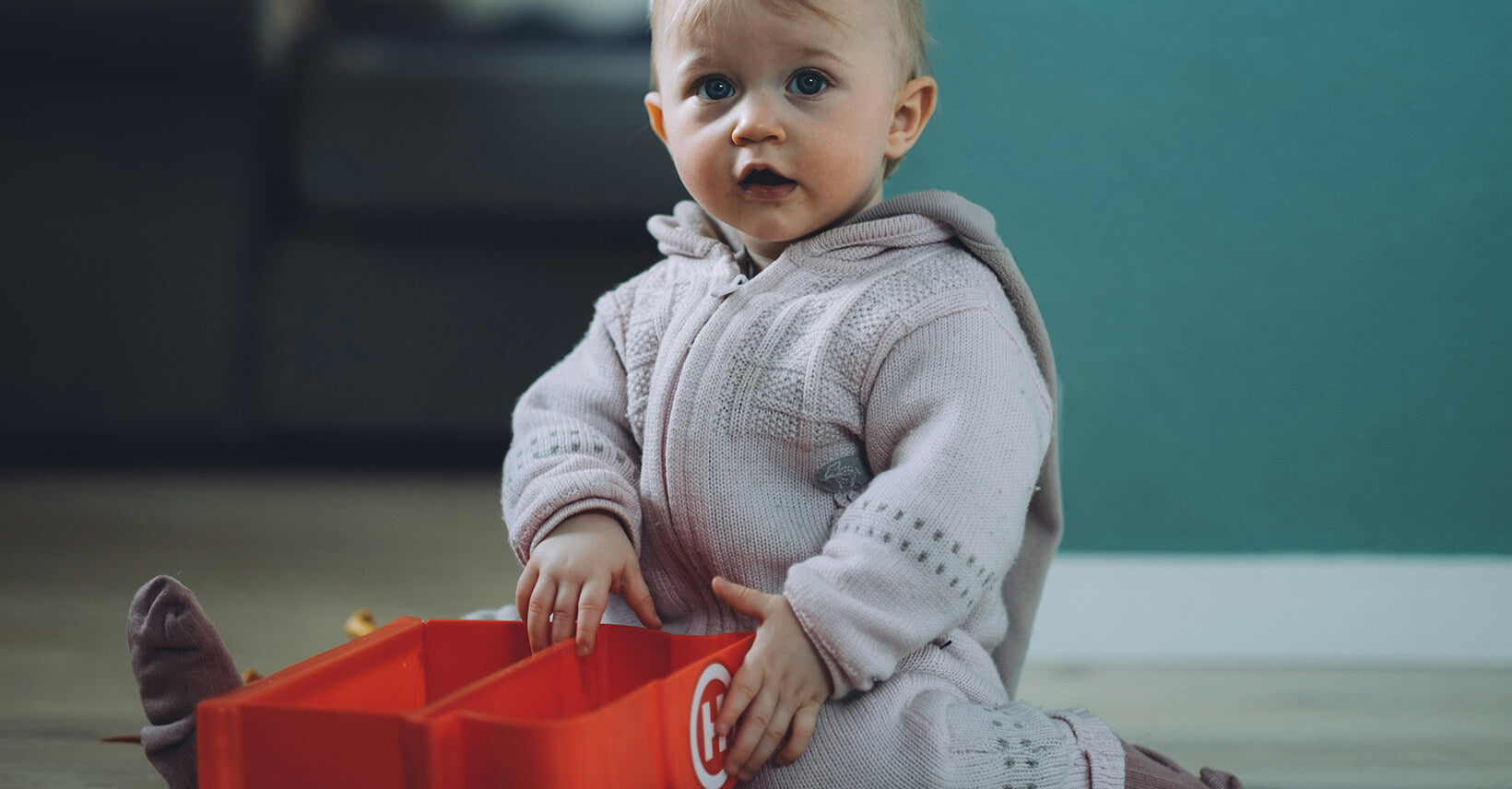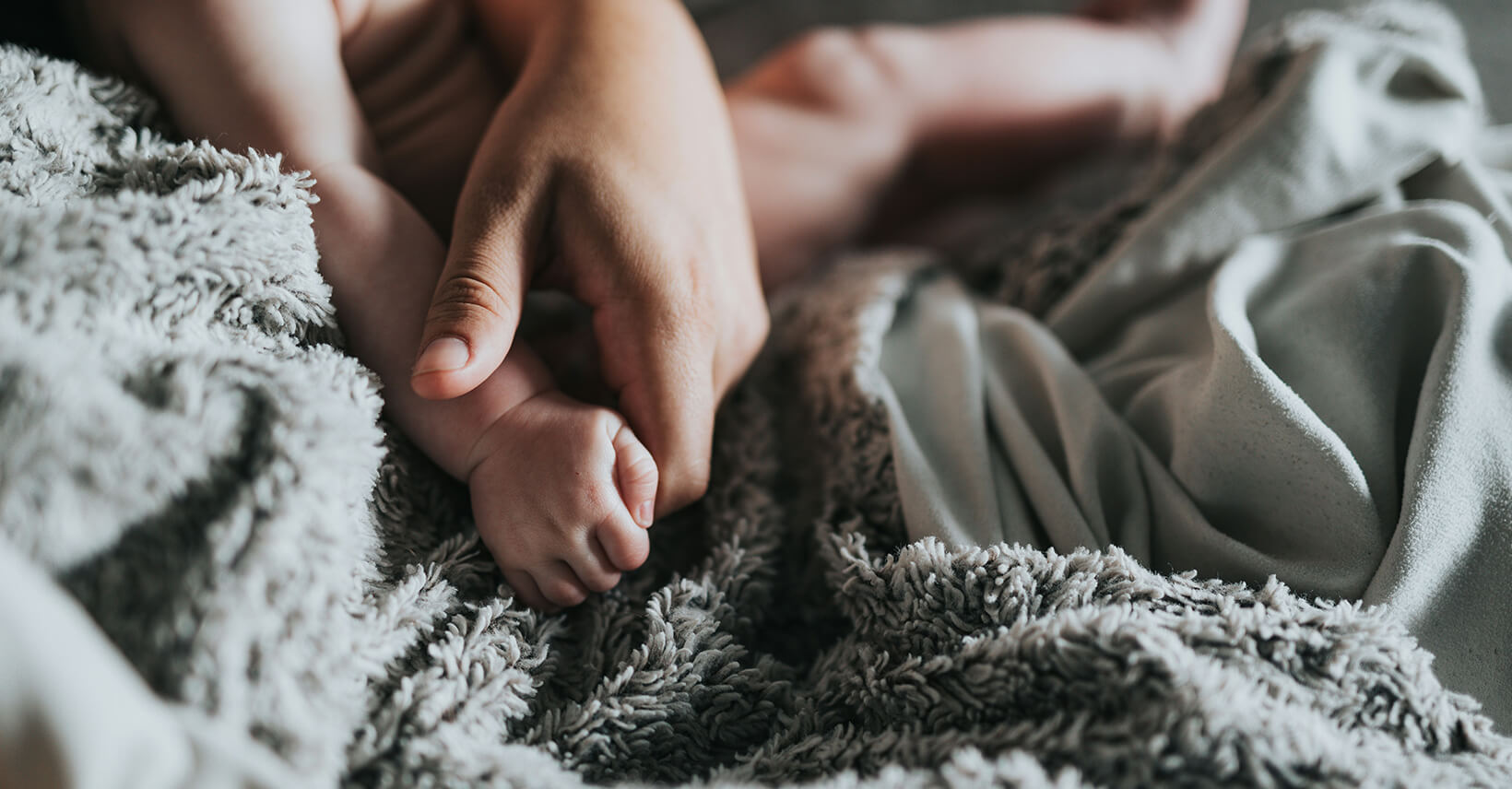
Why Is My Baby Sleeping More Than Usual?
Parents are often confused when their little ones start sleeping more than usual. This is a common concern, but understanding the reasons behind it can alleviate these worries.
Babies' sleep patterns can change for a variety of reasons, from growth spurts to changes in routine. While it may catch parents off guard at first, there are often some reasons behind it. Let's dive into some of the common reasons why your baby sleeps more than usual.
- How much sleep does a baby need is normal?
- Signs of your baby sleeping too much
- Why is my baby sleeping more than usual?
- What can I do if my baby sleeps more than usual?
- Conclusion
How much sleep does a baby need is normal?
Here is some information on how much sleep babies typically need at different stages:
Age: Newborn (0-3 months)
Total sleep: 16-17 hours per day
Nighttime sleep: 8-9 hours
Daytime Sleep: Split into multiple naps, usually lasting 2-4 hours at a time
Age: Infants (4-11 months)
Total sleep time: 12-15 hours per day
Nighttime sleep: 9-12 hours
Daytime sleep: 2-4 naps, usually total 3-5 hours
Age: Toddler (1-2 years)
Total sleep: 11-14 hours per day
Nighttime sleep: 11-12 hours
Daytime sleep: 1-2 naps, usually 1-3 hours each
Note: Different babies have different sleep habits, so it's best to consult your pediatrician.
Signs of your baby sleeping too much
Here are some signs that your baby may be sleeping too much:
Difficulty Waking Up:
If your baby always has trouble waking up from a nap, even during feedings or diaper changes, this could be a sign of sleeping too much. Although babies are born with deep sleep stages, excessive difficulty waking up may indicate that they are sleeping more than they need to.

Reluctance to eat:
Babies need to eat regularly, and if your baby is sleeping so much that he or she is often uninterested in eating, you need to pay more attention to it. Adequate nutrition is vital for a baby's healthy growth and development, so if your baby is consistently uninterested in eating because of excessive sleepiness, you need to discuss it with your pediatrician.
Drowsiness and weakness:
It's normal for your baby to wake up a little tired from a nap, but oversleeping can lead to prolonged drowsiness and weakness. If your baby seems unusually weak or wakes up still lacking energy, it may indicate that they are sleeping more than their body needs.
Delay developmental milestones:
Babies usually meet developmental milestones, such as lifting their heads, rolling over, or babbling at specific ages. Excessive sleepiness can sometimes delay these milestones because babies need awake time to practice and develop new skills. If you find a significant delay in your baby's development along with excessive sleepiness, it means you should find your pediatrician.
Unusual sleep patterns:
Although every baby is different, drastic changes in sleep patterns can sometimes cause a problem. For example, if your baby suddenly starts sleeping more than usual without any apparent reason, you need to investigate further to figure out any underlying issues.
Note: Occasional changes in sleep patterns are normal for your baby, but if you find signs of persistent excessive sleepiness, it's best to consult your pediatrician to investigate further.
Why is my baby sleeping more than usual?
Here are some common reasons why babies sleep more than usual:
Growth spurt:
Babies may go through periods of rapid growth, especially in the first year of life. During these growth spurts, they often need more sleep to support their developing bodies. Increased sleep can help energize them and boost the growth process.
Many developmental milestones:
As babies develop, they reach various milestones, such as learning to roll over, sit up, teething, or crawl. These developmental milestones can be physically and mentally exhausting, so as their body and brain work to adapt to new skills and abilities, sleep time will increase.
Illness or Infection:
When your baby isn't feeling well, whether it's a cold, fever, or other illness, the body needs extra rest to fight off infection and recover. When babies are sick, their immune systems work overtime to fight off the illness, so it's common for them to sleep more than usual.
Sleep regression:
Infants occasionally experience sleep regressions, which are temporary disruptions in their sleep patterns. These regressions can occur around specific ages or milestones and may cause babies to sleep more than usual because their sleep cycle changes temporarily.
Environmental factors:
Changes in the environment, such as temperature fluctuations, noise levels, or disruptions to usual sleep patterns, can affect your baby's sleep patterns.
Overstimulation:
Babies may sleep more when they are overstimulated. Too much activity or excitement can make your baby tired, leading to fatigue and drowsiness. Therefore, it's important to provide a quiet and soothing environment for your baby, especially at bedtime and nap time.
By considering these different factors, parents will be able to better understand why their baby is sleeping more than usual and take the appropriate steps to ensure their little one's health and well-being.
What can I do if my baby sleeps more than usual?
If your baby is sleeping more than usual, there are a few things you can do to make sure everything is okay:
Monitor your baby's health:
It is vital to pay more attention to your baby's health. If there are any signs of illness or discomfort, be sure to consult your pediatrician.
Keep a routine:
Establishing a regular sleep routine helps regulate your baby's sleep patterns. Ensuring consistent bedtime and nap times will help your baby develop better sleep habits.
Provide a comfortable environment:
It is important to create a good sleep environment. Make your baby's sleeping area quiet, dark, and at a comfortable temperature.
Provide comfort and support:
Sometimes babies sleep better when they need extra comfort or reassurance. Providing soothing techniques, such as gentle rocking or cuddling, can help calm babies down and promote restful sleep.
Prepare a sleep sack
A cozy and comfortable sleep sack can offer the baby a safe feeling to help him or her sleep tight.
Conclusion
In short, understanding why your baby is sleeping more than usual can guide parents. Parents can feel confident in guiding their baby's sleep patterns and taking good care of the health of their little ones.

Yujia Shi
An expert in sleep sack design, is a valued contributor to Kaiya Baby's blog. With a strong background in baby sleep bags and maternal care, she is highly regarded for her professionalism. Yujia Shi prioritizes baby comfort and safety in her designs, using high-quality materials. Her insightful articles on sleep bags have been featured in reputable publications and have gained a significant readership. Trust Yujia Shi to help you create a comfortable and safe sleep environment for your baby, backed by her proven track record in the industry.



Leave a comment
This site is protected by reCAPTCHA and the Google Privacy Policy and Terms of Service apply.